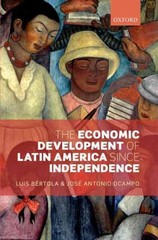Question
Question - The town has a campground whose visitors use the lake for recreation. The town also has a chemical plant that dumps industrial waste
Question - The town has a campground whose visitors use the lake for recreation. The town also has a chemical plant that dumps industrial waste into the lake. This pollutes the lake and makes it a less desirable vacation destination. That is, the chemical plant's waste decreases the campground's economic profit.Suppose that the chemical plant could use a different production method that involves recycling water. This would reduce the pollution in the lake to levels safe for recreation, and the campground would no longer be affected. If the chemical plant uses the recycling method, then the chemical plant's economic profit is $1,400 per week, and the campground's economic profit is $2,700 per week. If the chemical plant does not use the recycling method, then the chemical plant's economic profit is $2,200 per week, and the campground's economic profit is $1,500 per week. These figures are summarized in the following table.Options for #1- N/A (numbers)Options for #2- not used or used Option for # 3- not used or used Options for #4- $0, between $0 and $400, between $400 and $800, between $800 and $1,200Option for #5- it has property rights to pollute the lake Or the campground has property rights to a clean lake Option #6- true or false

Step by Step Solution
There are 3 Steps involved in it
Step: 1

Get Instant Access to Expert-Tailored Solutions
See step-by-step solutions with expert insights and AI powered tools for academic success
Step: 2

Step: 3

Ace Your Homework with AI
Get the answers you need in no time with our AI-driven, step-by-step assistance
Get Started


